Abstract
Quantum state purification, which mitigates noise by exploiting multiple noisy copies of unknown states, has applications in quantum communication and computation with imperfect devices. Despite its importance, the fundamental capabilities and limitations of purification in distributed quantum systems remain largely unexplored. Here, we systematically study distributed quantum state purification under local operations and classical communication (LOCC). We prove that no nontrivial two-to-one LOCC purification protocol exists for three fundamental sets: all pure states, all maximally entangled states, and the four Bell states. This no-go theorem demonstrates that no LOCC protocol can reduce noise for every state within these sets, even probabilistically, highlighting that entanglement is essential for purifying noisy states. In stark contrast, we show that single-state purification is achievable, and we provide an explicit analytical LOCC protocol for individual target states. For arbitrary state sets, we develop an optimization-based algorithm that systematically designs LOCC purification protocols, demonstrating its efficacy through concrete examples. These results delineate the fundamental boundaries of LOCC-based purification and provide practical strategies for noise reduction in distributed quantum information processing.
Publication
arXiv:2509.08691
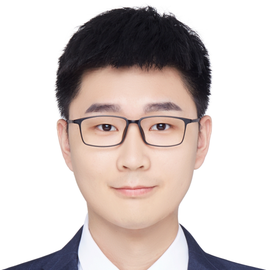
Visiting Scholar
I obtained my MS degree in Physics from Imperial College London. I was an intern at Baidu Research under the supervision of Prof. Xin Wang. I obtained my PhD degree in quantum information at Osaka University. My research interests include quantum error mitigation, quantum information theory and quantum computation.
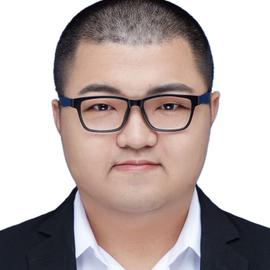
Research Associate
I obtained my BS in Mathematics and Applied Mathematics from University of Science and Technology of China. I obtained my PhD degree in Applied Mathematics from University of Chinese Academy of Sciences under the supervision of Prof. Xiao-Shan Gao. My research interests include quantum computing, symbolic computation and cryptanalysis.
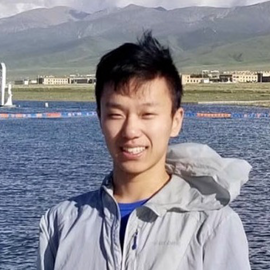
PhD Student (2023)
I obtained my BS in Applied Mathematics from China Agricultural University under the supervision of Prof. Zhencai Shen. I obtained my MS degree in Cyberspace Security from University of Chinese Academy of Sciences under the supervision of Prof. Zhenyu Huang. My research interests include quantum information theory and quantum computation.
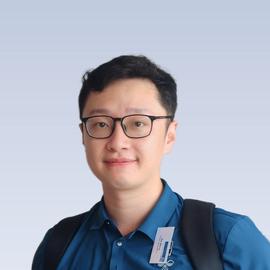
Associate Professor
Prof. Xin Wang founded the QuAIR lab at HKUST(Guangzhou) in June 2023. His research primarily focuses on better understanding the limits of information processing with quantum systems and the power of quantum artificial intelligence. Prior to establishing the QuAIR lab, Prof. Wang was a Staff Researcher at the Institute for Quantum Computing at Baidu Research, where he concentrated on quantum computing research and the development of the Baidu Quantum Platform. Notably, he spearheaded the development of Paddle Quantum, a Python library designed for quantum machine learning. From 2018 to 2019, Prof. Wang held the position of Hartree Postdoctoral Fellow at the Joint Center for Quantum Information and Computer Science (QuICS) at the University of Maryland, College Park. He earned his doctorate in quantum information from the University of Technology Sydney in 2018, under the guidance of Prof. Runyao Duan and Prof. Andreas Winter. In 2014, Prof. Wang obtained his B.S. in mathematics (with Wu Yuzhang Honor) from Sichuan University.
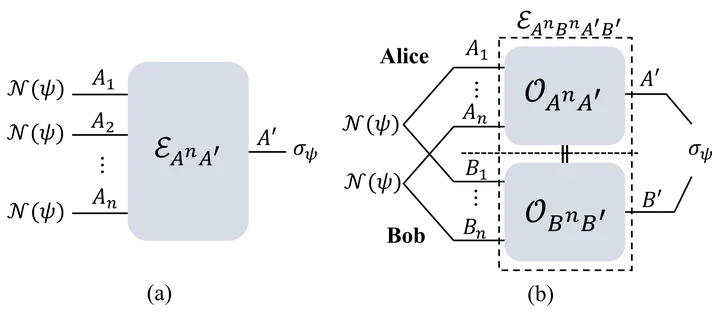 Diagram of purification protocol.
Diagram of purification protocol.